This is an op ed I wrote which was published in the San Mateo Daily Journal on June 2, 2021.

A recent Daily Journal op ed repeated common misunderstandings about what constitutes a theory and created a false dichotomy involving evolution and the “theory” of intelligent design. That kind of fundamentalist – as in, don’t bother me with the facts – thinking isn’t terribly useful. And it creates all sorts of problems when it’s applied to the complex process of governing.
Most people take “theory” to mean “an idea”. That’s true but doesn’t go far enough. A more accurate definition is “an idea which explains observed, objective facts and can be shown to be incorrect by empirical observation”. The being able to explain facts and being falsifiable parts are critical. If an idea can’t explain facts or be shown to be inconsistent with facts it’s not a theory. At best it’s a hypothesis that requires testing.
Consequently, theories are never proven “wrong”. They can’t be, because their ability to explain facts or be falsifiable can’t disappear (although sometimes the facts themselves get corrected or disappear when we learn to observe the world better). But they can be shown to be special, simplified cases of a different, more general theory which explains more facts.
Einstein didn’t disprove Newtonian physics (a good thing, since so much of our daily life is built around it). Instead, his theory explained certain newly-observed facts which Newton’s theory couldn’t, while still explaining all of what Newton had. And it could be tested empirically. Similarly, if the theory of evolution is replaced by a more general theory it won’t have been wrong. It’ll just have been shown to not be up to the task of explaining everything we’ve observed.
Anyone is free, at any time, to develop whatever ideas they like to better understand the world. But ideas which don’t or can’t explain the facts we know and can’t be disproven may not be particularly useful. As a community it’d be counterproductive to treat them as equally important to theories in our schools, for example. Besides using up scarce teaching time we’d be undermining the value of fact-based critical thinking. Which, given the complex world we’ve built wouldn’t serve the public interest.
The theory of evolution is often a battleground for this debate because it can be viewed as directly refuting certain religious ideas. But it doesn’t have to be seen that way. There are devoutly religious scientists who accept the theory of evolution without jettisoning their religious faith.
As the op ed in question itself does, intelligent design proponents often use eyes and the visual systems we and most other animals rely on as a means of refuting the theory of evolution. The argument is something as complex as the eye simply could not have appeared through random mutations and evolution. Unfortunately, that idea is inconsistent with the facts we know.
Species showcasing the steps along the way to an eye do exist…but they occupy minor niches in the environment. Why? Because they are easy prey for animals with better eyesight. In life, generally only the survivors get to pass on their genes. And life is both immensely mutable and capable of trying massive numbers of new things simultaneously. Every organism is an experimental platform.
But that doesn’t mean everything about the visual system evolved to the same level of sophistication. The nerves connecting our retinas to our brains are attached to the front of the retina, not the back. Bizarrely, this keeps part of the retina from seeing anything (read up on the “blind spot” for details). A simple experiment involving a pen and a piece of paper will demonstrate this as fact. There are countless other examples of such unintelligent design.
The confusion over facts, hypotheses and theories leads to all sorts of problems in governance, far beyond having to decide what we teach our children in school. When you mistake an idea or a hypothesis for a theory you risk putting on an equal footing something that explains facts and things that may simply represent someone’s or some group’s beliefs or desires.
That creates divisions which can’t easily be resolved. Because we’d be arguing about the number of angels that can fit on the head of a pin, with no facts available to structure the debate and no way to refute or rank the alternatives. How could we rationally decide what to codify in our laws? Why should I ever give up my untested or untestable idea to surrender to your untested or untestable idea?
Better to ground our public policy making in theories and the facts they explain. That way we can at least settle, perhaps grudgingly, on the ones which explain the most about the real world.

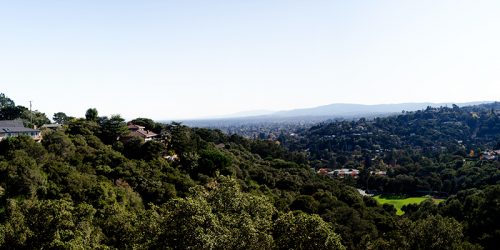


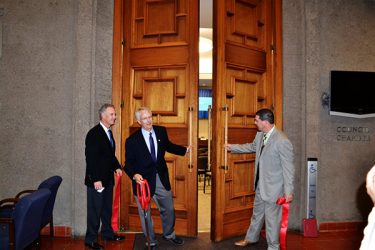



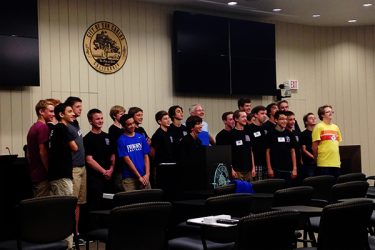
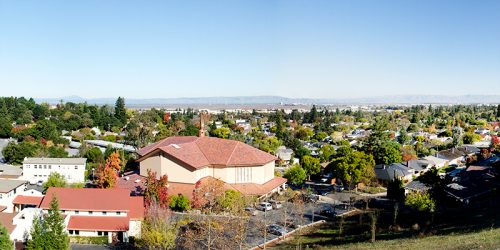









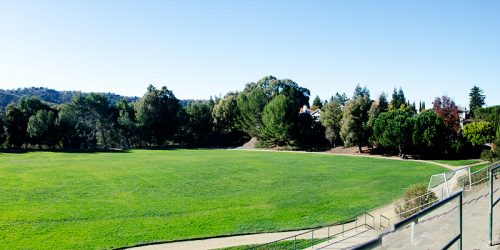
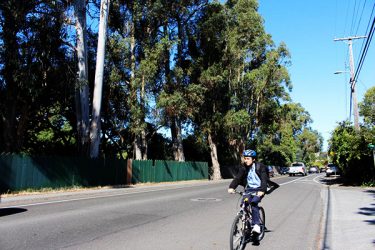

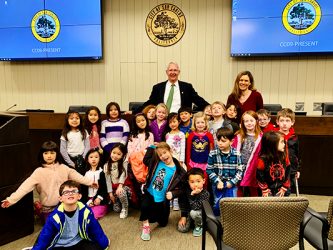






4 thoughts on “Facts, Hypotheses and Theories”
What a waste of time! You guys and all your “facts” and “falsifiability” and complex explanations for things that are hard to understand. To all these things, I just say “God did it,” and boom, I’m done!
He was telling me just the other day that he decided to take pity on those of his creations who weren’t up to doing critical thinking 🙂
Thank you Mark for this post. It is not easy to make statements of truth based in reality like this, as a large part of the population do not agree. It is a relief to see someone talking about governing based on scientific theory and knowledge.
Sorry about the delay in approving your comments! I had to change email passwords and forgot to update them on the site.